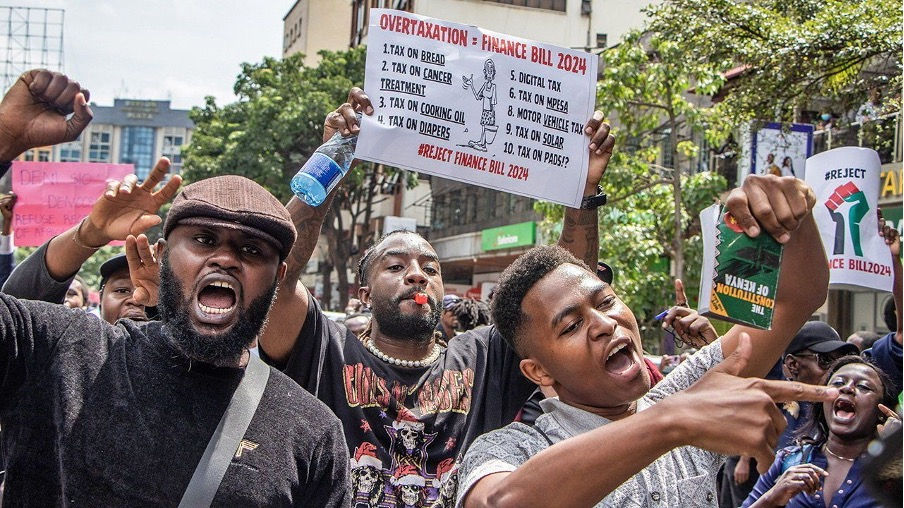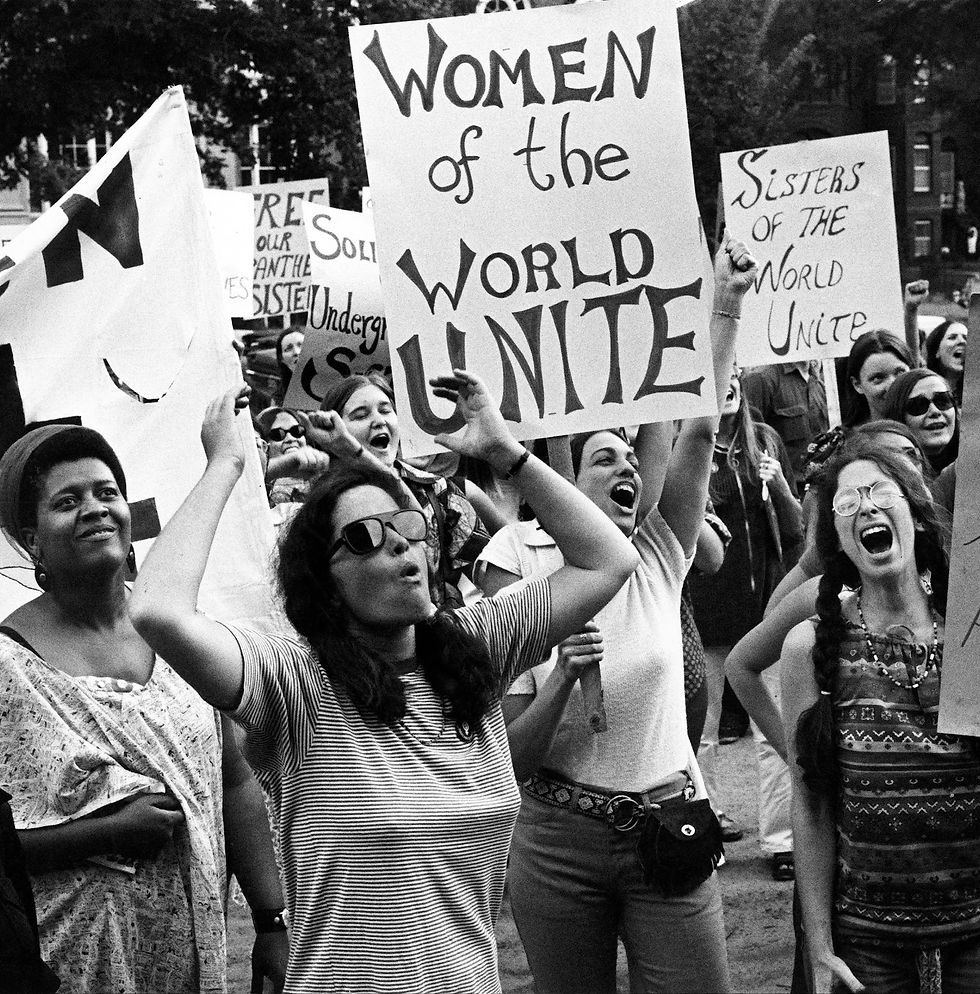France's "Home Sweet Home" Dilemma
- Radu Aronovici

- May 5, 2024
- 3 min read

Thought that the Great Recession was a rollercoaster? Deja vu might kick in, but France is
already showing signs of a comeback from that period, most definitely in the housing sector. Either due to the high-interest rates or because of the poorly constructed houses, with the Centre d'Analyses et de Prévisions Immobilières (CAPEM) stating that there was a severe decrease in granted building permits in 2023 by 26% compared to the same period in 2022. In the European Union, the situation of interest rates didn’t help either, as on average real estate investment fell by a whopping 55% nearing the end of 2023, being more than half of a toll in the 5 year average. Most of Europe’s wealthiest nations fell to this, and as such France began the year with new house construction reaching lows not seen since the aforementioned Recession. And, with salaries remaining stagnant while inflation rose, anyone looking to buy a home had to deal with mortgages that were becoming increasingly expensive as days went by. What was the result? Real estate transactions fell sharply in the first half of 2023, particularly in the Paris metro area, where they dropped by 30%. Although the French government has attempted to alleviate the problem, the situation hasn’t improved in quite a while, causing many to cancel real-estate projects and also preventing several smaller businesses from expanding.
What are some of the measures taken to combat this? Well, to begin, the "Pinel system" is a tax incentive programme accessible to taxpayers in France who invest in specific residential buildings to rent them. Regarding eligibility for this programme, investors must meet certain requirements, such as purchasing a new home, a property under construction, or an older property receiving extensive repairs that transform it into essentially new housing. Many thought that France should focus on affordable housing with rent capped below the usual prices, and it seems that’s the direction the government’s headed.
Moreover, the extension of the “Visale Guarantee”, often known as “Garantie Visale” aims to
broaden access to public guarantee and provide landlords protection against unpaid rent or
property damage.
You’d probably think, “Isn’t mortgage a solution?”, in many cases where above-average
income can be met, however many struggle to meet the requirements of today’s age, those
being that repayment, including insurance premiums, must not exceed 35% of the borrower's income, and the loan must be for a maximum of 25 years, or 27 years in some situations.
It is clear by now that demand for public housing greatly exceeds the available supply from
the government, with over two million people already on waiting lists, a figure that is
increasing. As a result, individuals and families may wait years for housing aid, during which
time they may confront difficult living conditions or eventually end up on the streets. In a
country with rising poverty rates, long wait periods for affordable housing increase the
danger of homelessness for vulnerable people.
At the end of it all, the matter of housing and homelessness is comprehensive and varied in
France, as it’s deeply intertwined with those of high-interest rates, the challenges of the rental market, as well as the lack of investments in public housing.
BIBLIOGRAPHY
of-supply-create-european-housing-crisis
omeless-population-in-france
hortage
estment-rental-property-pinel-system
s-housing-shortage/






Comments